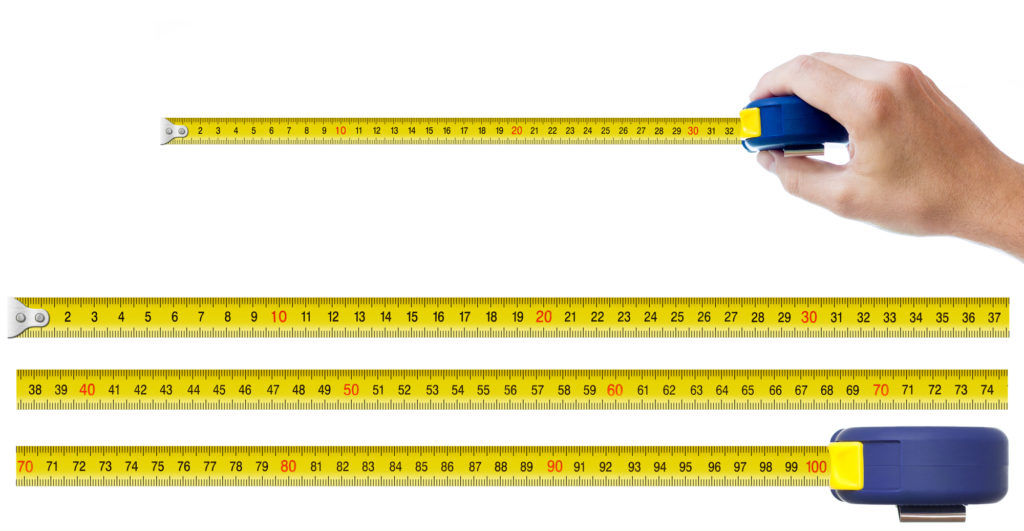
A well-crafted web page on your company’s website opens a window onto your business for your visitors. It is a first look, an introductory example of what matters to your business and brand. That’s why each web page should be relevant, concise, and easy to follow.
As with almost every digital marketing “rule” the specifics come down to your industry, audience, and professional intentions. Still, there is some common sense, practical advice for creating web pages that meet certain expectations while connecting with your ideal client.
General Guidelines for Optimal Web Page Length
A good rule of thumb for the length of a content page is a minimum of 200 words and a maximum of 1,000 words. This is dependent on the complexity of your business and also what you are trying to accomplish on your content page.
Does 1,000 words seem like a stretch to fit everything about your product or business? It should because the goal here isn’t to offer a comprehensive examination of what you do or what solutions you can offer your clients.
A website content page is an introduction into some aspect of your business. If a user stumbles upon your page during a search and sees dense paragraphs they may not stick around to read what you have to say. This is because they are not invested in your business yet.
Think of this as asking someone at a networking even what they do for a living and, rather than get the sound byte, you get an exhaustive run down of their success, challenges, resume, and GPA (collegiate and high school).
Share what’s pertinent and do so in an interesting, engaging way that will then make a visitor to your site want to learn more.
What to Include on Your Web Page
Consider the following tactics to help hook your reader and inspire them to stick around… long enough to actually do something, like fill out your contact form, schedule a call, or make a purchase.
- Be concise. Present enough content for your user to understand what you offer while encouraging them to do more internal research.
- Put your best foot forward. Showcase blurbs about your products and services that are fan favorites among your clientele. Testimonials are great, too, especially if they speak to the problems you’ve solved for your customers.
- Include internal links to your blog, featuring links to specific posts where an interested visitor might be inclined to read lengthier paragraphs regarding your expertise and experience.
- As the saying goes, “a picture is worth a thousand words,” which is why you should present your logo or any visual materials relevant and representative of your business.
What’s the Difference Between a Web Page and a Blog Post?
Keep in mind this simple difference between a web page and blog post: a web page is for selling and a blog post is for educating.
With a content page, your challenge is to keep the user’s attention long enough to land the sale. Err on the side of writing concise, relevant, and effective content.
Can’t quite capture what you want to say about your business on your web pages? Give us a shout for copywriting expertise you can count on.